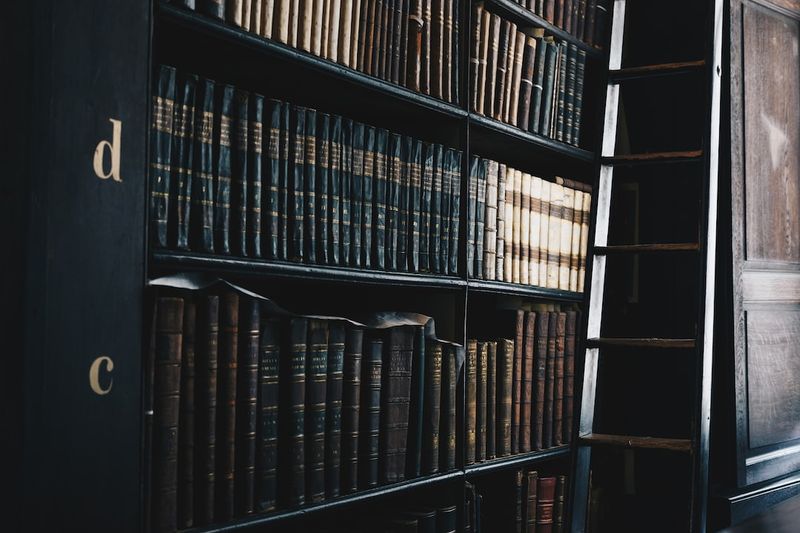Table of Contents
Advisory Opinion from the African Court Highlights Human Rights Violations in African Vagrancy Laws
Overview
In a groundbreaking advisory opinion, the African Court has declared that vagrancy laws present in many African countries violate numerous human rights. These laws criminalize individuals who are poor, homeless, or unemployed, thereby perpetuating discrimination against vulnerable and marginalized populations. The court’s opinion, issued on December 4, 2020, marks a significant step toward protecting the rights and dignity of those most vulnerable in African societies.
The Violations and Discrimination
The judges of the African Court have unequivocally stated that vagrancy laws infringe on various human rights protected by the African Charter on Human and Peoples’ Rights. These laws target specific population groups, such as the homeless, disabled, gender-nonconforming individuals, sex workers, hawkers, and street vendors, who are already vulnerable and marginalized. By criminalizing the perceived status of these individuals, vagrancy laws further exacerbate their marginalization and violate their right to dignity, equality before the law, and protection against discrimination.
Moreover, the language used in these laws, including derogatory terms, reflects an outdated and colonial perception of individuals without rights. The judges rightly recognize that such dehumanizing language exacerbates the violations of the targeted individuals’ rights and perpetuates discrimination against them.
Violation of Liberty and Security
In addition to violating the right to dignity and non-discrimination, the enforcement of vagrancy laws allows police officers to arrest people without needing to prove that they have committed any crime. This arbitrary exercise of power infringes upon the rights to liberty and security, freedom of movement, and the presumption of innocence of those targeted by these laws. People can be arrested, detained, or forcibly relocated solely based on their appearance or location, without any evidence of criminal activity.
The judges draw attention to the alarming fact that these laws even result in the arrest or forced relocation of children, thus violating their rights to family and protection against discrimination. This highlights the urgency of rectifying the situation and ensuring the well-being of African children who find themselves targeted by these laws.
The Way Forward
The African Court’s advisory opinion provides a clear path forward for all African countries except Morocco, which have ratified the African Charter on Human and Peoples’ Rights. These countries now have an obligation to amend or repeal their vagrancy laws in order to align with the court’s interpretation of the charter.
This opinion has the potential to bring about significant change throughout the continent. If African states act upon the court’s recommendations, it would result in a substantial improvement in the protection of the most vulnerable individuals in African societies, including the homeless, disabled, and economically disadvantaged.
Philosophical Discussion
This advisory opinion from the African Court raises essential philosophical questions regarding the nature of law, the role of the state, and the relationship between law and justice. Vagrancy laws, by criminalizing individuals based on their perceived status rather than their actions, challenge the fundamental principles of justice and equality before the law. Such laws expose the inherent flaws in legal systems that fail to recognize the rights and dignity of all individuals, regardless of their socioeconomic status.
Furthermore, this opinion highlights the ongoing impact of colonialism on African legal systems and societal attitudes. The judges’ recognition of derogatory language used in these laws as rooted in colonial perceptions reveals the urgent need to confront and challenge these historical legacies. By condemning vagrancy laws, the African Court paves the way for a more just and equal society that rejects discriminatory practices.
Editorial and Advice
The African Court’s advisory opinion is a crucial step toward rectifying the human rights violations perpetuated by vagrancy laws in Africa. It is now incumbent upon African states to act swiftly and decisively by amending or repealing these laws in line with the court’s recommendations.
In doing so, African countries can demonstrate their commitment to protecting the rights, dignity, and equality of all individuals within their societies. This will require political will, legal reform, and resources to address the underlying social and economic factors that contribute to homelessness and poverty.
International organizations and civil society should support African states in this process by providing technical assistance, capacity building, and advocacy to ensure the effective implementation of reforms. Collaboration between governments, NGOs, and grassroots organizations will be crucial in addressing the root causes of homelessness and creating a more inclusive and just society for all.
By taking this decisive action, African countries can serve as an example to the world, showcasing a commitment to upholding human rights and dismantling discriminatory laws that perpetuate the marginalization of vulnerable populations.

<< photo by Giammarco Boscaro >>
The image is for illustrative purposes only and does not depict the actual situation.